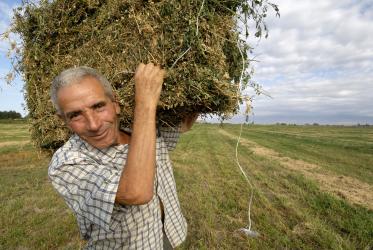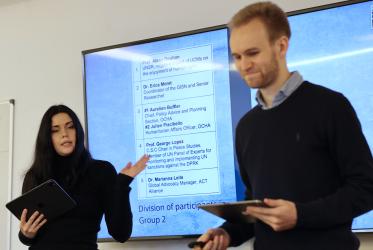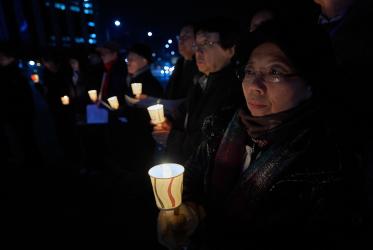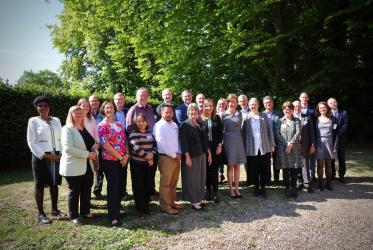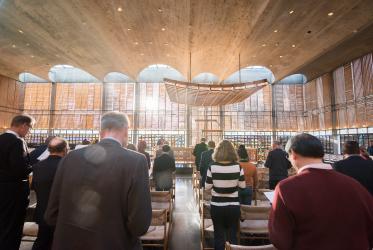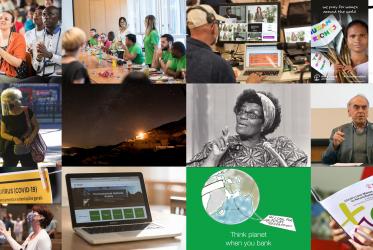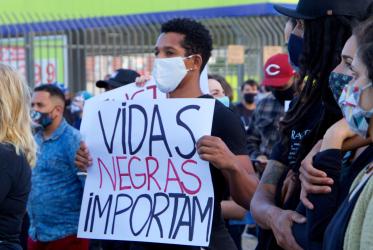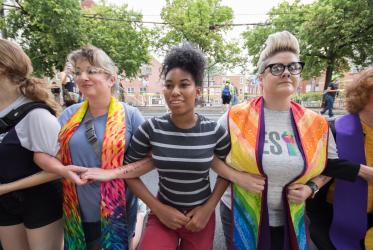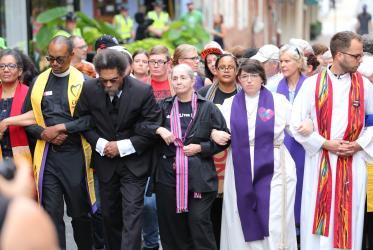Displaying 1 - 20 of 114
26 September 2023
Ukraine: Responding to humanitarian need
08 September 2022
WCC leaders recall life-changing experiences from early days
10 February 2022
WCC posts job openings for leadership staff
27 January 2022
World mourns loss of Archbishop Desmond Tutu
30 December 2021
WCC pre-Assembly consultation on Overcoming Racism, Racial Discrimination and Xenophobia
06 - 10 December 2021
Geneva, Switzerland

